Communities warn of impact on tourism after closure of USAID's Nature Destination in Colombia: 'Projects were left hanging'

This September 27th marks International Tourism Day, established in 1980 by the United Nations World Tourism Organization (UNWTO). Globally, the industry maintains a positive trend: UN Tourism reported that more than 300 million tourists traveled internationally in the first quarter of 2025 , a 5 percent increase compared to the same period last year.
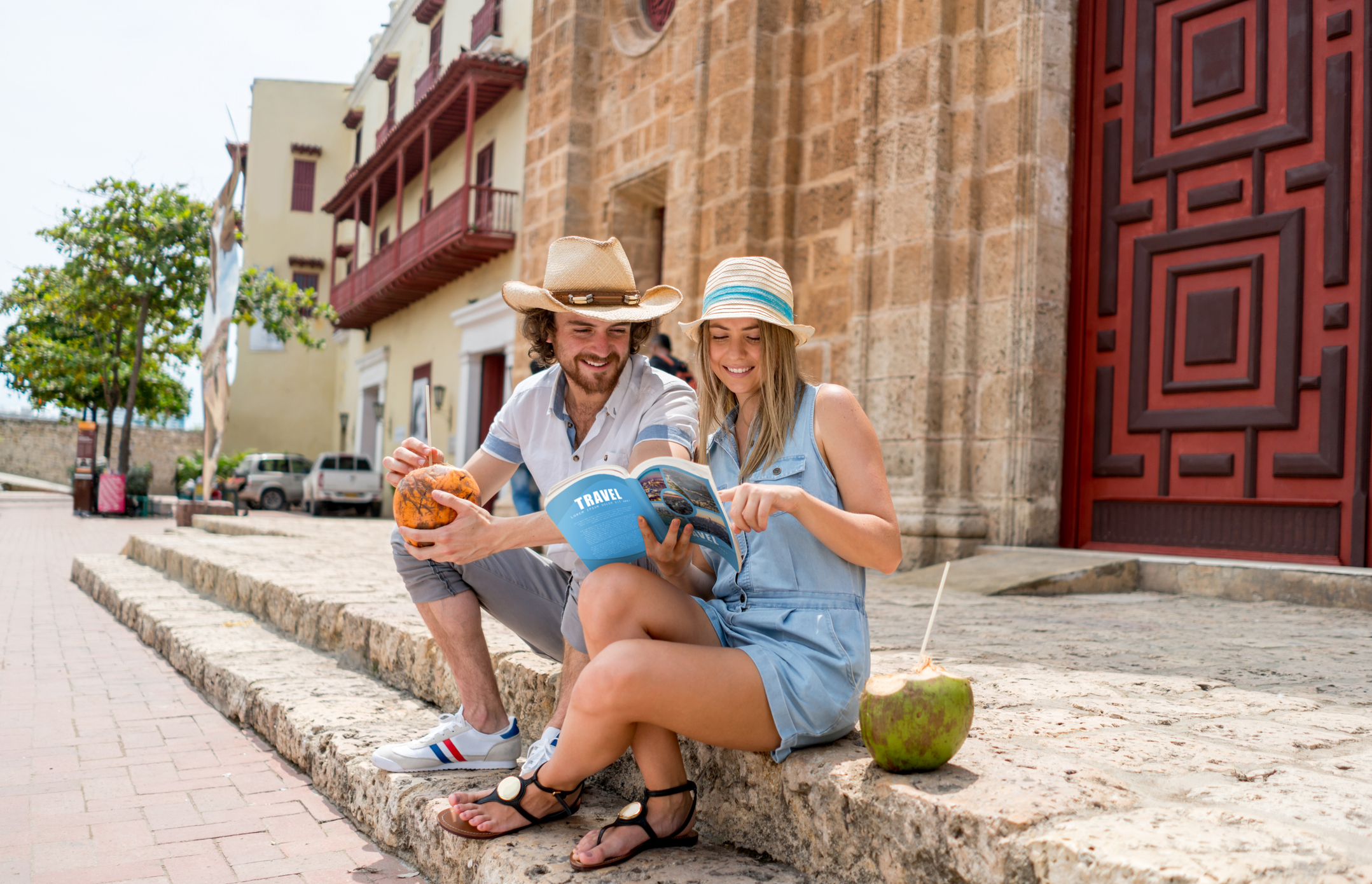
More and more regions are embracing authentic, local, and responsible experiences. Photo: iStock
In Colombia, the sector's strengthening has been evident in recent years. In July 2025, the country received 444,851 non-resident foreign visitors, representing a 21 percent increase compared to June. This result made that month the month with the highest number of international tourists so far this year.
More and more regions, even those less popular within the travel community, are opting for authentic, local, and responsible experiences, both for their communities and the environment. However, domestic tourism is showing similar trends to those in 2024, with around 1.6 million travelers , explained Paula Cortés Calle, CEO of Anato.
Data from the most recent Domestic Expenditure on Tourism (EGIT) Survey reflect this trend. In 2024, in the 24 cities and metropolitan areas analyzed, only 11.3 percent of people aged 10 and over engaged in domestic tourism and/or hiking. The main reason for not traveling was lack of time, with a variation of 13.2 percent, followed by economic factors, which exceeded 12 percent—a determining factor when deciding to undertake a trip.
And while many travelers are venturing out to discover new regions, many destinations still struggle to consolidate their tourism offerings without the necessary resources , government support, or international cooperation.
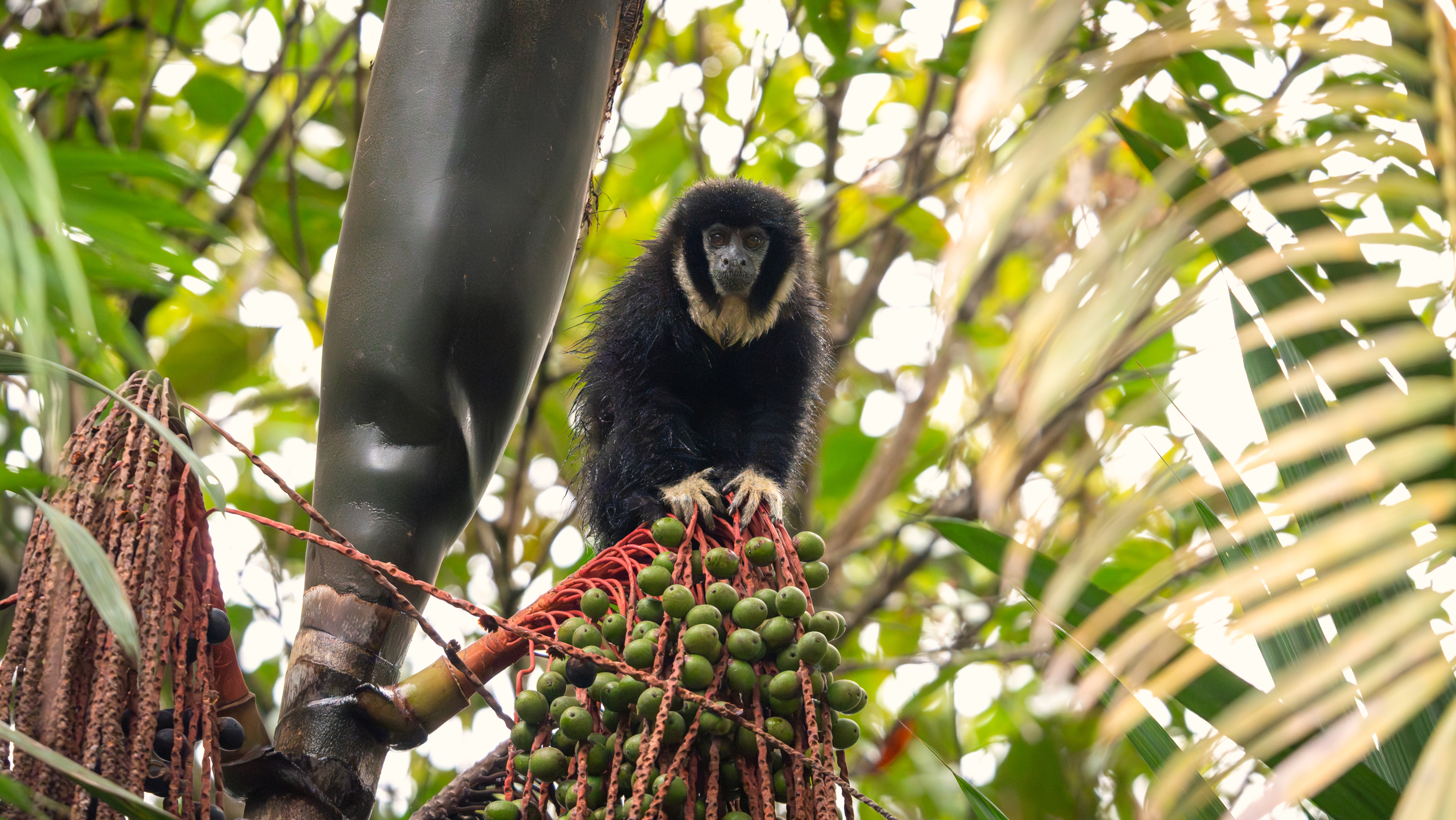
There are sustainable and responsible tourism initiatives for communities in Colombia. Photo: National Natural Parks of Colombia
In November 2022, the United States Agency for International Development (USAID) Destino Naturaleza program began operating in Colombia. Its purpose was to promote regions such as the Colombian Pacific, Guaviare, and Putumayo through sustainable and responsible tourism initiatives with communities.
However, following the announcement in March of a cut of more than 90 percent of USAID programs (announced by Marco Rubio, US Secretary of State), this initiative ceased to operate in the country. The decision raised concerns among both NGOs and community organizations that relied on these funds to consolidate their projects.
Some of the organizations that worked with USAID were in Ladrilleros (Buenaventura), Guaviare, and Guapi. In the latter, for example, Guapi Tours, led by Robinson Caicedo in the Cauca Pacific, focuses its efforts on community outreach to highlight its culture, music, and nature.
“In our community, tourism was born as a collective dream to showcase who we are: our beaches, mangroves, music, cuisine, hospitality, and all the cultural and natural heritage we have,” he says. His greatest motivation, he explains, has been to generate economic opportunities for his community without causing people to lose their roots or their essence.
For Caicedo, it is valuable that a territory historically marked by "forgetfulness and violence" is now recognized as a destination for peace. " This means that we can be seen from a place of hope, from the capacity to transform realities through culture. It also means that here there is not only pain, but also life, resilience, and a great future," he adds.
Challenges that persist in the territories Caicedo acknowledges that, although they see tourism as a transformative agent, they don't consider it the ultimate solution for the community. From the beginning, they were clear that it was necessary to think collectively and for the benefit of those who provide services.
Regarding the challenges, both Caicedo and Yesid López Murillo, legal representative of the Community Council of the Black Community of Ladrilleros and owner of Mangle House (see review); and César Redondo, a professional nature tourism guide in Guaviare, agree that one of the most complex is overcoming the stigma inherited from the violence that affected Guaviare, the Pacific, and Cauca.
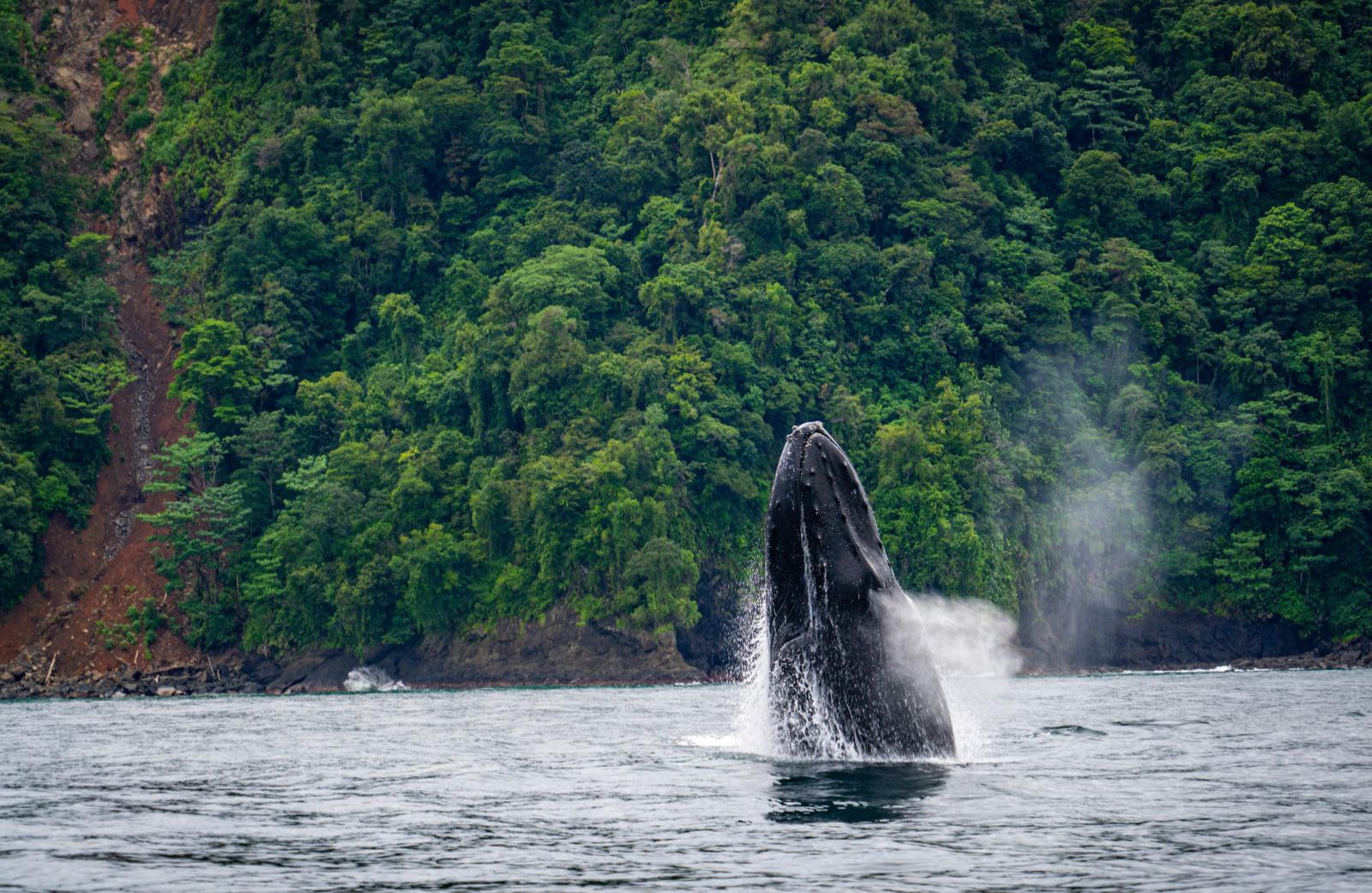
Nature destination promoted community gathering. Photo: Ministry of Commerce, Industry, and Tourism
“Before the peace accords, people didn't know about Guaviare. They didn't come out of fear, but then a perception of security was created, which led to more Colombians and foreigners arriving. It's very safe here, but currently the perception of insecurity affects us ,” says Redondo.
Caicedo, for his part, asserts that after the closure of USAID, a void remains, which also represents a challenge: keeping his project and legacy alive. Other key challenges are infrastructure and air connectivity. "We need support in accessing the destination with other travel alternatives," says López Murillo.
The latter explains that Destino Naturaleza's impact was twofold. On the one hand, it was positive, as it fostered community outreach and allowed tourism operators to define conservation values so they could work sustainably. "Although the project didn't last long, we had the opportunity to see how things worked better, and as a community, we began working on very specific aspects, such as mangrove conservation and the creation of sustainable ecotourism initiatives," he asserts.
However, there was also a difficult side. According to López Murillo, the arrival of this project generated expectations that, after its closure, were dashed. “The goal was to improve the quality of life and mitigate the violence and inequality we experience. But all those projects fell by the wayside. There were several initiatives that depended on those resources ; one of them was a project to coordinate whale-watching service providers. This project fell by the wayside, and the problems worsened,” he confesses.
Despite these difficulties, López Murillo emphasizes that communities continue to "raise their hands," demonstrating that they are doing everything possible to strengthen the sector. However, there is still a lack of state presence to provide technical and financial training so that local businesses can improve the quality of their ecotourism experiences.
" We are fully prepared to organize and cooperate to improve our quality of life and, at the same time, mitigate structural gaps that remain unresolved, such as access to a good education, not only formal but also environmental and waste management," he adds.
Along the same lines, Redondo asserts that there has been a lack of state support for tourism. Although they have occasionally received support from some organizations, he believes the presence remains insufficient.
For Laura Durana, president of the Colombian Association of Responsible Tourism (Acotur), the Destino Naturaleza program not only strengthened the sustainability of the sector, but also the association itself, by increasing its operational capacity and enabling the engagement of approximately 1,400 organizations.
This work opened the door to emerging destinations that had previously been underexplored, such as San José del Guaviare, Puerto Asís in Putumayo, and Tumaco in Nariño. However, the project was shut down right in the marketing and dissemination phase, when partners were being sought to bring visitors to these territories. "Now, neither Acotur nor the beneficiaries have the means to finance this effort," he warns.
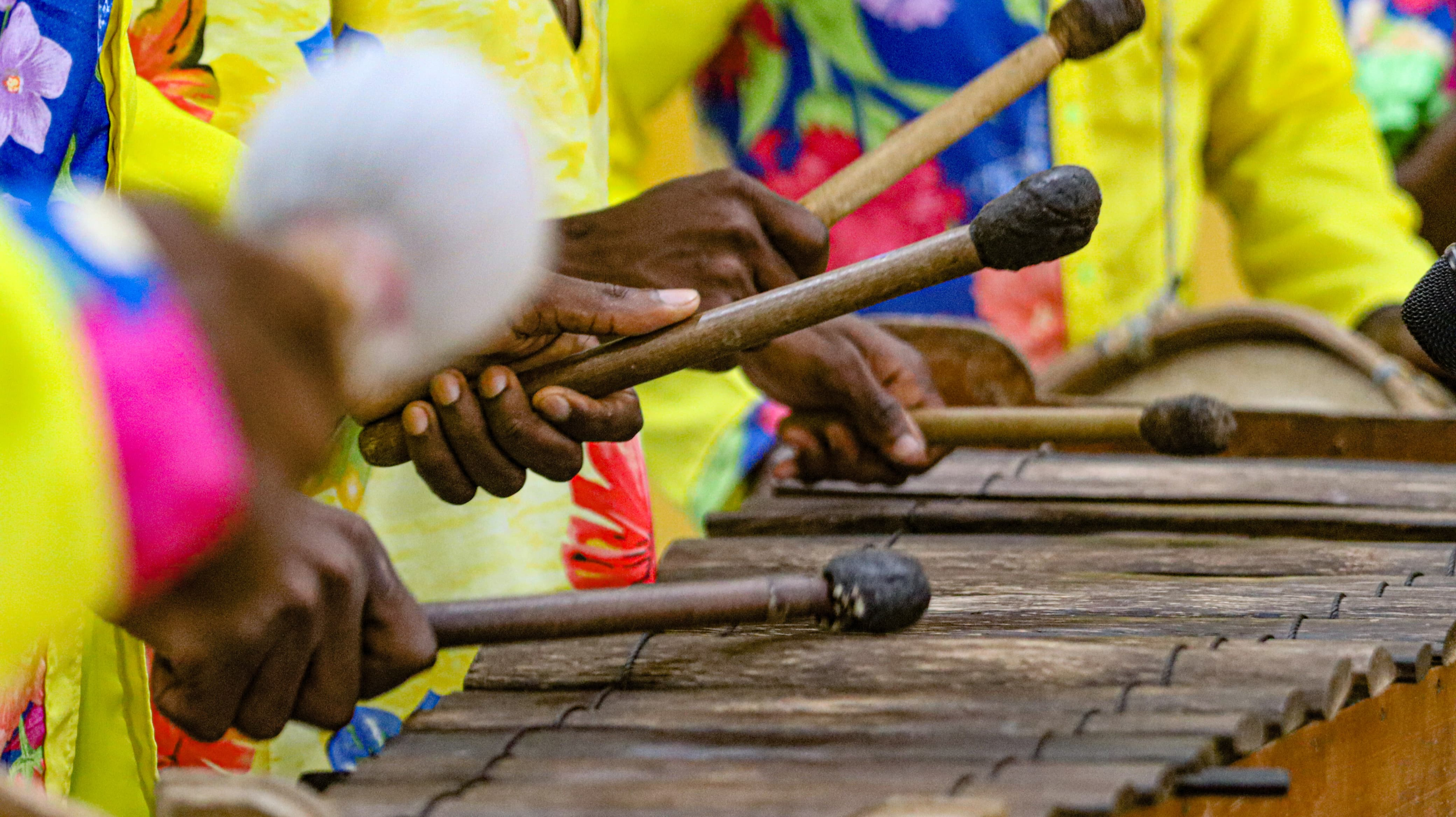
The processes seek to protect the culture and biodiversity of the destinations. Photo: Courtesy
Not everything is negative. Caicedo, for example, highlights that programs like Destino Naturaleza have allowed them to connect with institutions around community tourism and advance the destination's positioning in business meetings and specialized fairs.
Although not all of the projects came to fruition, he asserts that this initiative was "a motivator for us to continue growing and bring our ideas to fruition." For the communities, this program was like a seed that still sustains their local processes.
“Destino Naturaleza left us with a great message: tourism thrives on unity and the conviction of knowing what we want. When we agree on these goals, efforts, and good intentions, projects succeed,” says Caicedo.
Tourism continues to be an opportunity for communities, and the key is to foster mentoring and support initiatives that give them the necessary tools to consolidate the sector. “ In Ladrilleros, we have more than 1,000 families who make a living from tourism. Thanks to this, we have built our homes, we have studied, and so have our children ,” says López Murillo. One of the initiatives that continued after the program closed was Guardianes del Manglar, a community environmental group dedicated to protecting this ecosystem.
Redondo, for his part, emphasizes that tourism has served as an engine of conservation and community development, in addition to generating direct and indirect employment and strengthening the population's roots. He also points out that, beyond Destino Naturaleza, they have received support from organizations such as WWF , with its Jaguar Corridor project, and the Foundation for Conservation and Sustainable Development.
Durana adds examples such as Tumaco, where cacao, fishing, and piangua have opened up opportunities for communities. “ Responsible tourism is one that recognizes and pays well for local work, creates jobs , and offsets its impact with activities such as reforestation or coral reef planting,” he asserts.
At Acotur, he says, they continue to strengthen operators, especially in emerging destinations with which they worked alongside Destino Naturaleza, and he confesses that they would like to further promote these offerings to attract visitors. He also mentions that they are finalizing a cooperation program with Switzerland and that, together with Fontur, they have supported the strengthening of the offering in territories such as Chocó.
Ladrilleros and Guapi, with their mangroves, whales, and waterfalls; Guaviare, with its rock art, colorful rivers, and indigenous communities; and many other regions of the country have great potential to establish themselves as strong and sustainable destinations.
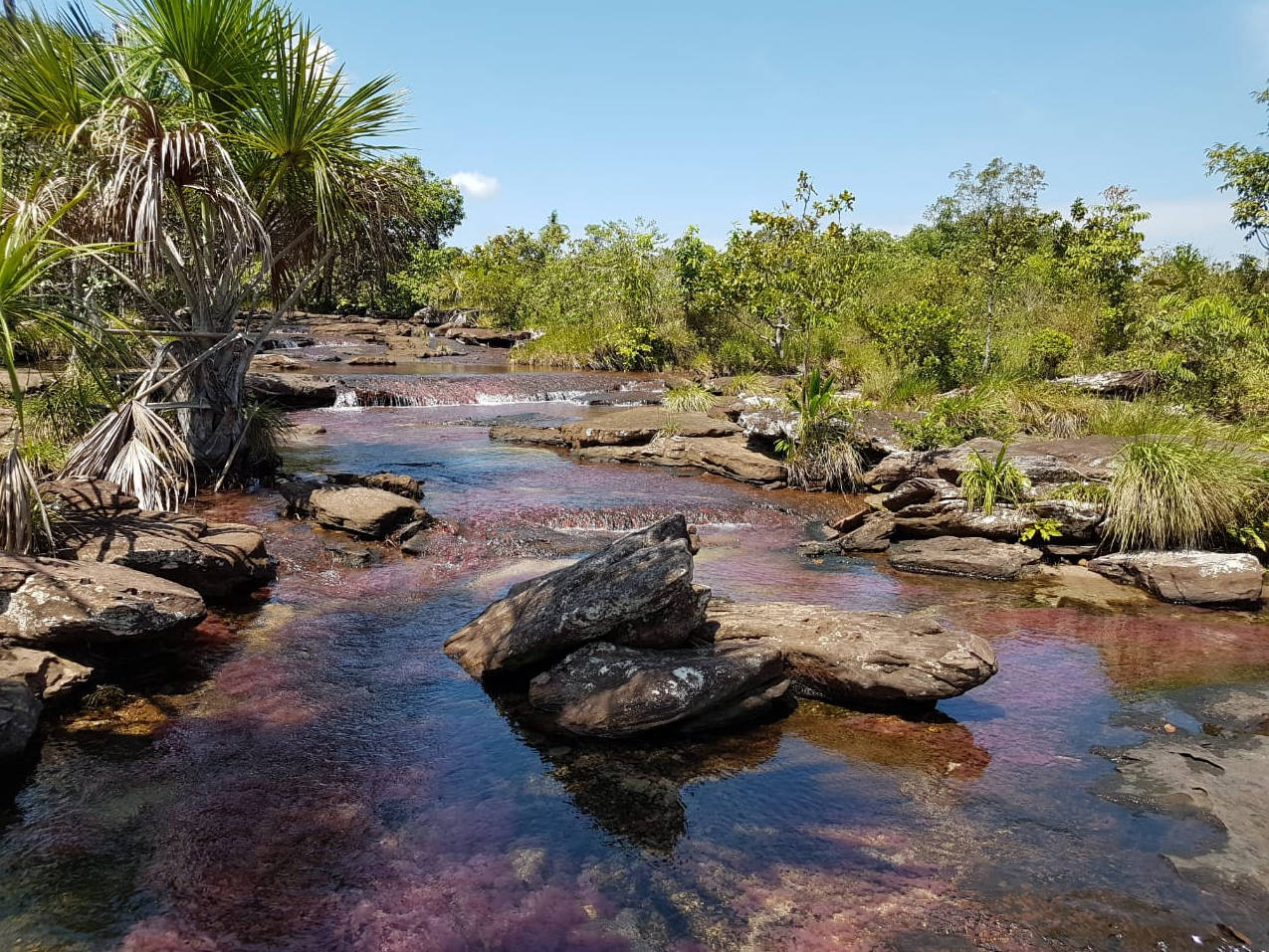
Guaviare is a destination that has established itself in nature tourism. Photo: EL TIEMPO Archive
As Zurab Pololikashvili, Secretary-General of UN Tourism, put it: “It’s about investing in education and skills, especially for women, youth, and marginalized communities; supporting micro, small, and medium-sized enterprises; and boosting climate action by reducing emissions from the tourism sector, conserving biodiversity, and protecting fragile ecosystems .”
ANGIE RODRÍGUEZ - TRAVEL EDITORIAL - @ANGS0614
eltiempo





